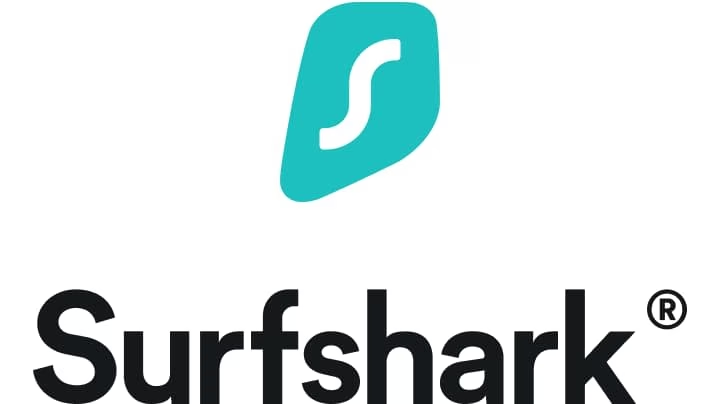Surfshark is one of the youngest major VPNs, but it’s grown rapidly over the last seven years. Since 2018, it’s expanded its network to 100 countries, added a suite of apps to its Surfshark One package and experimented with advanced touches like servers that constantly rotate your IP address.
Formerly a budget VPN, Surfshark is still pretty affordable but the cost of a one-month subscription is way too high. These days, it’s more interested in innovation than affordability. Its features may not always be cutting-edge — Nexus is basically Tor and Everlink is a slightly better kill switch — but it’s rare to find either implemented so well in a commercial VPN. Plus, download and upload speeds are fantastic.
It all adds up to one of the best VPNs for casual users, even when compared to others in its weight class. But those already deeply familiar with VPNs might trip over some aspects. For this review, I studied 11 different angles on Surfshark’s service, some through hands-on tests and others with old-fashioned journalism. Check out the sections most important to you, then head to the end for my final verdict.
Editors’ note: We’re in the process of rebooting all of our VPN reviews from scratch. Once we do a fresh pass on the top services, we’ll be updating each review with a rating and additional comparative information.
A fast, stable VPN with unique features and good attention to security.
- Very fast speeds
- Split tunneling on all apps
- Can choose your own multihop paths
- Single-month pricing is excessive
- Lots of popups on desktop
- NoBorders Mode useful but can turn on needlessly
Table of contents
Findings at a glance
This table summarizes everything I discovered about Surfshark. For details on any bullet point, see its section in the full review.
|
Category |
Notes |
|
Installation and UI |
Excellently organized, but geared toward new VPN users Apps are overly reliant on popup messages to convey information Auto-connect and NoBorders are enabled by default Mobile apps have the same clear controls with less friction, though Android and iOS are quite different |
|
Speed |
Download speed drops an average of 5.4 percent worldwide, the fastest in our current round of tests Average upload speed drop is 3.6 percent Mean worldwide latencies slightly higher, with an average ping of 344 ms |
|
Security |
Uses WireGuard, OpenVPN and IKEv2, which are all secure protocols No IP address leaks, including via DNS or WebRTC Blocks IPv6 by defaultWireShark test showed… |

